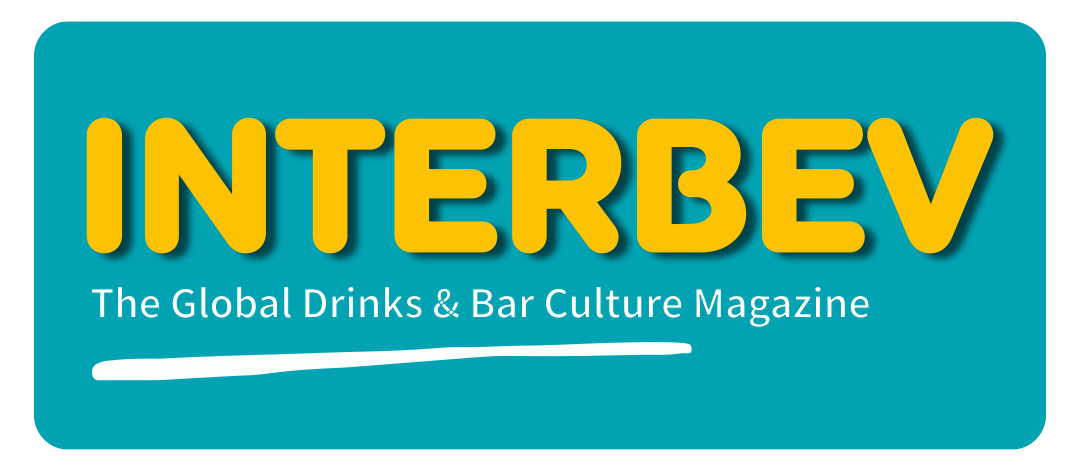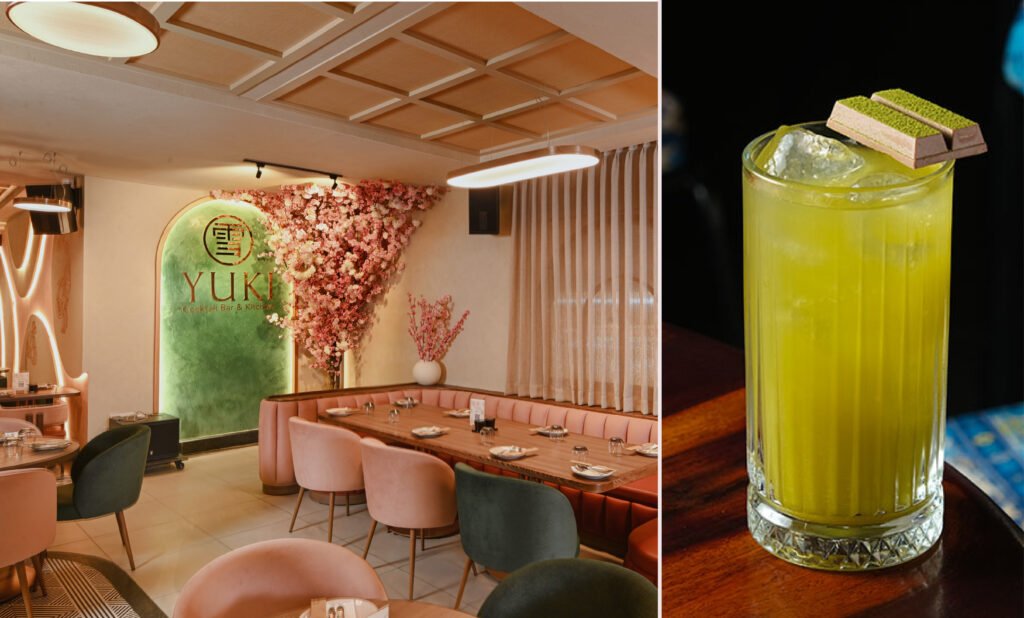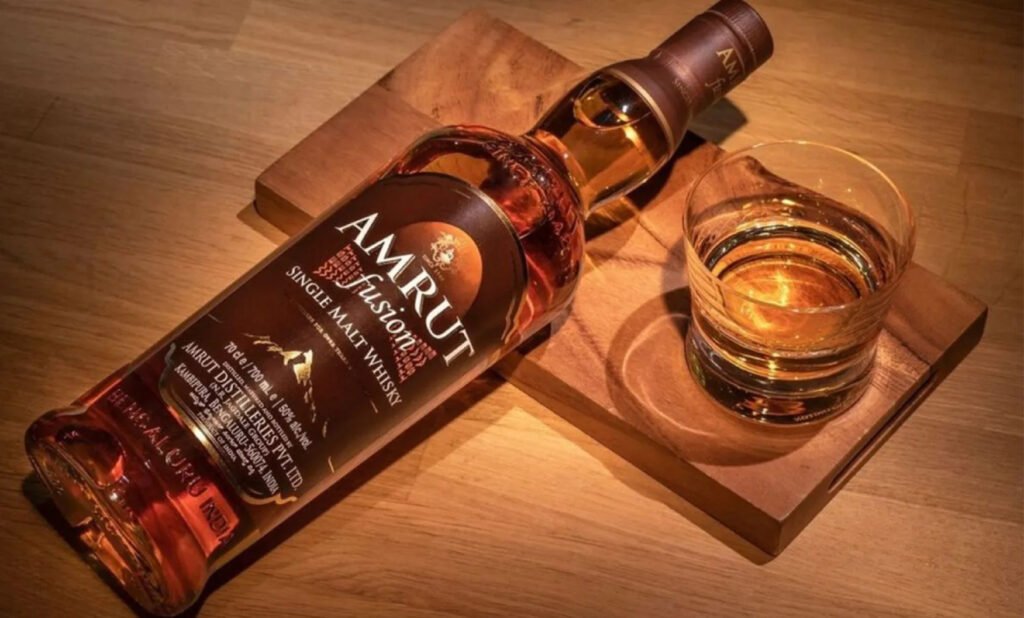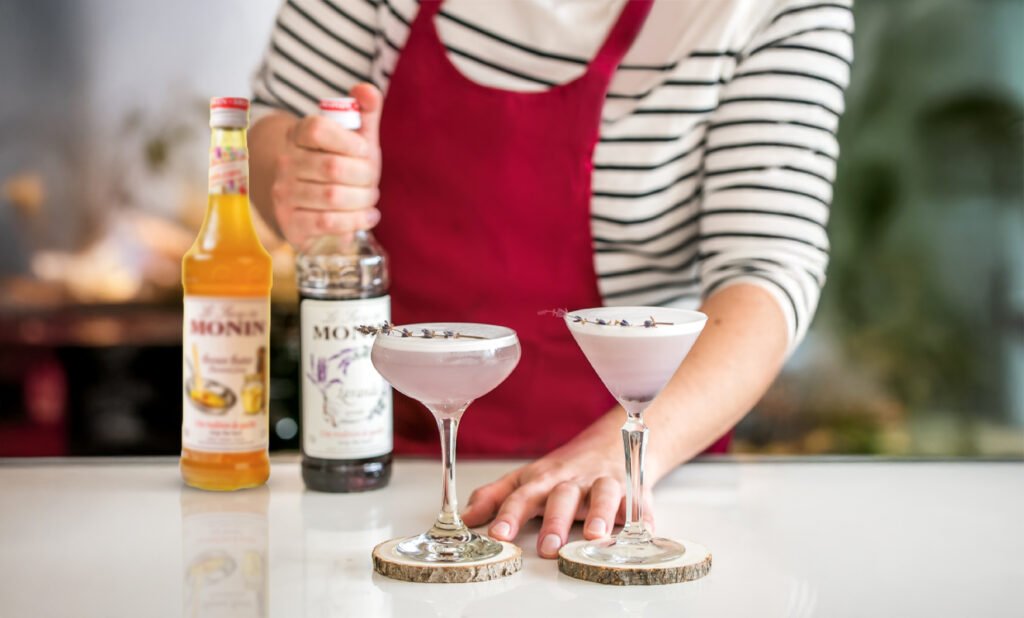In Bangalore’s bustling hospitality scene, few places manage to strike the balance between innovation and emotional resonance the way YUKI does. More than just a restaurant, YUKI has become a cultural space, curated with care, built on consistency, and driven by a deep understanding of what keeps guests coming back. In this conversation, co-founder Priyesh Busetty unpacks the brand’s ethos, revealing the decisions, challenges, and philosophies that have helped YUKI carve a loyal niche in an industry known for its constant reinvention.
The Ironhill Story: An Exclusive Interview With Mr. Teja Chekuri
Many new restaurants in Bangalore open with a bang but struggle to maintain their longevity. What are some unconventional decisions you’ve made that have contributed to your success beyond just food and ambiance?
Sustaining momentum requires thinking beyond just Instagrammable food and a good-looking space. For us, the simplest and most effective strategy has been consistency—consistency in flavor, in service, and in the overall experience.”
We’ve built Yuki to be the kind of place people return to because they know they can’t go wrong- its their familiar blanket. Whether it’s their go-to ramen bowl, a cocktail they love, or the comfort of familiar hospitality and the hum of live music, we’ve focused on making every visit reliably enjoyable. While others chase constant reinvention, we believe in perfecting the experience our guests already love.
At YUKI, we’ve always seen the space as more than just a restaurant—it’s an atmosphere, a feeling, a cultural escape. Another big decision was treating our audience like a community rather than customers. We put effort into curating energy, not just events—whether that’s our infamous live music sets on the weekends, a brand collaboration, or a new cocktail. People walk into YUKI for an experience that’s emotionally consistent, not just visually impressive. That emotional stickiness is what builds longevity.
With Bangalore’s culinary scene evolving, there’s a growing focus on experiential dining—think AI-powered menus, sensory dining, and NFT-based reservations. Have you explored any futuristic concepts that could redefine the way people engage with your restaurant?
We’re living in an age where dining isn’t just about food—it’s about the customer’s journey, experience, and engagement with the restaurant. At YUKI, we don’t chase tech gimmicks, but we’re always looking for ways to elevate the dining journey of a guest. We pick and choose tech innovations that would ease and elevate a diner’s journey instead of overwhelming them.
Although, we make up for it by curating the energy of the space with layered lighting and novel recipes. A drink at YUKI isn’t just a recipe—it’s tied to a track, a texture, or even the way the light bounces off the glass. That said, if tech like AI or NFTs ever feels like it can enhance mood without killing the soul, we’re open to exploring it. But for now, our focus is on curating energy over algorithms.
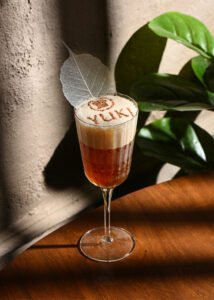
People often see the glam side of a successful bar and restaurant, but what’s one financial reality or operational struggle that outsiders wouldn’t expect?
The biggest misconception is that if a place is full, it must be profitable. The truth is, margins in this business are razor-thin. Especially when you’re committed to sourcing premium ingredients, importing rare spirits, and hiring talent that aligns with your vibe.
One operational struggle that surprises people is the hidden cost of staying consistent. The lighting system needs constant maintenance, the sound system needs tuning, imported barware gets stuck in customs, and there’s always a licensing hiccup somewhere in the chain. Behind every clean, curated night at YUKI is a messy, chaotic 24 hours that most people never see.
Top Summer Whiskey Recommendations For House Parties
The nightlife scene is heavily influenced by government policies, licensing, and curfews. If you had the power to change one regulation to improve Bangalore’s hospitality industry, what would it be and why?
One area where we see potential for positive evolution is in operating hours. Extended hours could allow venues to stagger guest experiences, reduce peak-hour congestion, and offer a more relaxed pace to the evening. It’s not about promoting late nights—it’s about giving hospitality businesses more flexibility to curate thoughtfully-paced, safer, and better-managed experiences.
We fully respect the city’s guidelines and understand they’re designed with broader civic considerations in mind. But having a little more room to breathe—especially during weekends or special occasions—would help venues like ours plan more diverse programming and enrich the overall hospitality culture of the city.
AI-generated recipes are now influencing mixology. Do you see AI as a tool to push creativity forward, or is it diluting the craft behind cocktail-making?
AI is definitely one of those fascinating tools that’s redefining creative boundaries—not just in mixology, but across the entire F&B space. At YUKI, we see AI not as a replacement for human intuition and creativity, but as a collaborator that can enhance the process.
For instance, AI can help analyze customer preferences and flavor profiles at scale, which gives bartenders interesting insights to work with. Platforms like BarGPT or Gastrograph AI are already being used to suggest new ingredient pairings or flavor combinations that might not be immediately intuitive to a human palate. It’s a great starting point, especially when experimenting with new spirits, seasonal ingredients, or lesser-known liqueurs.
That said, a machine can’t replicate the storytelling, cultural nuances, or emotional intelligence that a bartender brings to the bar. The beauty of mixology lies in the interaction—the moment someone tells you what kind of mood they’re in, and you create something tailor-made in response. That’s where the craft still holds strong.
We’re open to integrating AI tools to stay ahead of trends or operational efficiencies—say, understanding which cocktails are performing best or when to rotate a menu—but we don’t rely on it for creative direction. It’s a guide, not the driver.
Ultimately, it’s about balance: leveraging tech to unlock new possibilities, while still keeping the soul of the bar very human.

Many cocktail trends are driven by social media rather than genuine innovation. Do you think the industry is being forced to prioritize aesthetics over substance?
It’s hard to ignore the power of visual storytelling today—especially on platforms like Instagram and TikTok. A cocktail with a dramatic garnish, color-changing elements, or smoke effects is much more likely to go viral than a perfectly balanced Negroni. The visual ‘wow’ factor has become a kind of currency in the modern bar scene.
But while aesthetics can create that crucial first impression and bring people in, what keeps them coming back is substance. At YUKI, we see visuals as just one part of a much larger equation. A drink needs to taste great, complement the food, and fit into the energy of the space. We’ve had people post photos of our cocktails even before taking a sip—but the real magic happens when they come back for that same drink because it made them feel something.
We’ve also seen trends—like glitter cocktails, oversized shareable drinks, or cocktails served in quirky vessels—come and go fast. They’re fun, but they often don’t have staying power unless there’s a solid recipe and story underneath. That’s why we focus on both layers: aesthetic appeal and thoughtful flavor profiles. A cocktail should reflect the bar’s ethos, the mood of the season, and ideally even a bit of cultural context.
Ultimately, social media is a great amplifier. It’s a way for bartenders to showcase creativity and reach a broader audience. But if you’re building a serious, lasting program, you can’t let the camera dictate the craft. It has to taste as good as it looks—ideally better.
How do you see the role of cultural appropriation in cocktail trends? Is the industry borrowing flavors responsibly, or is there a risk of erasing authentic origins?
This is a very important and timely conversation in the world of mixology and culinary arts at large. As the global palate expands, bartenders and chefs are constantly drawing inspiration from different cultures, ingredients, and traditional recipes. That exploration can be exciting—but it also comes with responsibility.
At YUKI, we believe there’s a difference between inspiration and appropriation. For example, using ingredients like miso, shiso, or yuzu in cocktails (which we occasionally do) is not just about novelty or exoticism. It’s about understanding where those ingredients come from, how they’re traditionally used, and respecting their cultural roots. It’s also about being transparent—naming influences, crediting regions or rituals, and giving a platform to the stories behind the flavors.
A good case study is the rise of tiki culture in cocktails—a movement that was inspired by Polynesian aesthetics but often stripped of authenticity and loaded with stereotypes. Today, the industry is re-evaluating those representations and making a conscious effort to move toward more informed storytelling.
We’re also seeing more bartenders engage with local communities to source ingredients and learn from traditional techniques. Whether it’s foraging local herbs or learning fermentation from indigenous cultures, there’s a more respectful and collaborative approach emerging.
In short, borrowing flavors can absolutely be done responsibly—it just requires intention, research, and humility. The best cocktails aren’t just fusion for the sake of it—they’re bridges between worlds. And as a brand that thrives on cultural expression and nuance, we’re committed to ensuring that our creative process celebrates rather than overshadows the origins of what we work with.
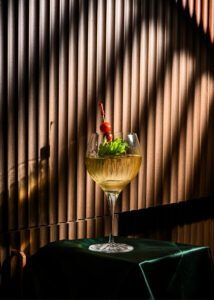
Are brand takeovers at bars and restaurants driving real consumer engagement, or do they simply create a temporary spike in visibility with no long-term impact? And how do you measure the success of a takeover beyond social media impressions and short-term sales?
Brand takeovers can absolutely drive meaningful engagement—but it all depends on how thoughtfully they’re executed. At YUKI, we believe a successful takeover has to feel organic. It shouldn’t feel like the venue is being rebranded overnight, but rather that the brand and space are collaborating to tell a shared story.
We’ve hosted some great takeovers in the past— take for example the Manhattan meets Tokyo with collaboration at The Reservoire. In this strategic collaboration, we didn’t focus on what makes us different or whether we’re competitors in Bangalore’s F&B landscape. Instead we figured “how cool would it be if people were to experience delicious sushis from Yuki and paired it with New york inspired cocktails from The Reservoire?”- a collaboration that had customer experience at the core of it all.
Similarly, we’ve worked with Toki Whisky and Suntory Haku vodka to create cocktail creations that honour our culinary inspiration; this wasn’t just a pop-up; it was about showcasing craft, heritage, and innovation. We co-created a menu that highlighted the unique Japanese botanicals and characteristics of the spirits, treated them with respect and consideration and paired it with Asian-forward dishes from our kitchen.
Internationally, we’ve seen successful models too—like Patrón’s Dia de los Muertos events at top bars in London and Absolut’s Rainbow-themed takeovers during Pride Month, where the experience felt more cultural and emotional than just promotional.
So for us, it’s not about slapping a logo on a menu or setting up a few props for Instagram. We measure the success of these collaborations through:
– Repeat orders of the featured cocktails during and after the activation.
– New guest conversions—whether people discovered YUKI because of the brand association.
– In-venue engagement—are people asking questions about the drink, the brand story, or the concept?
– And sometimes the best validation is when guests say, ‘I didn’t expect this at a bar, but I loved it’.
The way we see it, a good takeover shouldn’t disrupt your brand identity—it should enhance it. If the guests walk away remembering not just the brand but how it blended into the space and vibe of YUKI, then we know we’ve done it right.
Are we seeing a shift where brands are competing less on product quality and more on who can execute the flashiest partnership?
For sure. There’s a lot of noise right now—huge budgets, crazy setups, and flashy names. But if the product isn’t solid, the buzz fades fast. Consumers are smarter and more discernible than we think. They’ll show up for the hype, but they’ll only stay for authenticity and quality. In fact, there was an instance where an Asian food enthusiast pointed out that he loved the quality of our wasabi- a tiny dot of an ingredient that often goes unnoticed. This is a clear indication that diners are discerning and fluent in the language of flavours.
At YUKI, we’ve built our reputation on being intentional. We don’t just say yes to big names. The brand needs to align with our aesthetic and philosophy. If it’s just a loud partnership without a soul, it doesn’t belong here.
Are brand takeovers pressuring bars and venues to compromise on their original concepts just to accommodate big-name sponsorships?
Unfortunately, yes—and we’ve faced that pressure too. There have been offers where the brand wanted to fully re-theme the space, alter our menu, or override our music. And that’s where we draw the line. YUKI has a distinct identity, and we’ve worked hard to build that trust with our community.
Any partnership we take on has to blend in, not bulldoze through. A great collaboration feels like a remix, not a takeover. If we start compromising our core just for a name, we lose what makes YUKI special. And that’s not a trade we’re willing to make.
In a city brimming with new concepts and fleeting trends, YUKI stands out not by chasing the spotlight, but by staying true to its core, community, consistency, and creative integrity. As the industry evolves with AI tools, immersive experiences, and flashy partnerships, YUKI continues to honour craft over hype. It’s this balance of authenticity and experimentation that positions YUKI not just as a destination, but as a feeling, a space where every visit feels both new and familiar.
